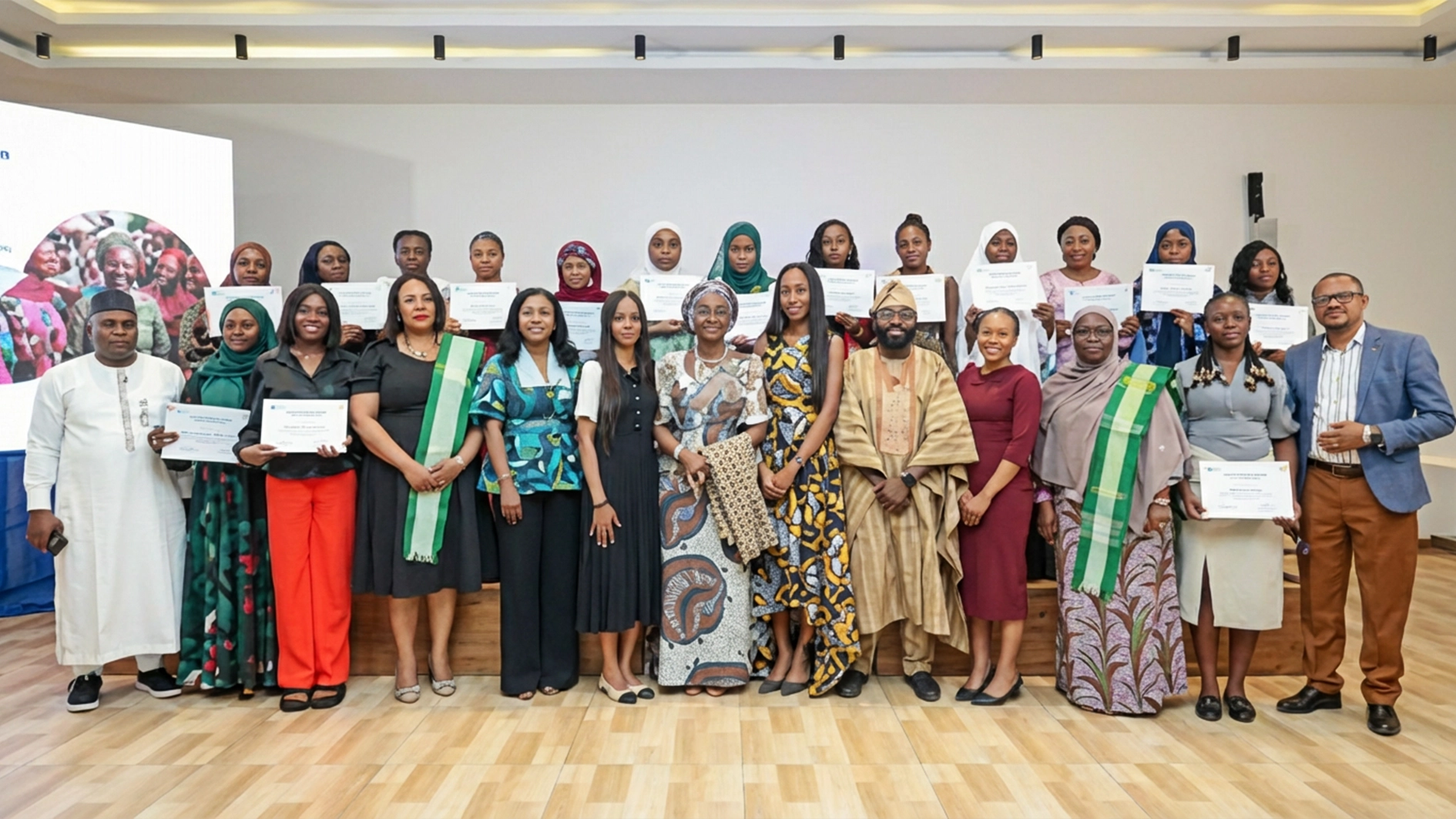As Nigeria’s aging population grows, two Nigerian scholars are set to introduce a new initiative to address dementia, a condition experts say is poorly understood and rarely treated in the country. Sunkanmi Folorunsho, who has recently moved to the United States for his combined MA-PhD programme in the department of Sociology, University of Nebraska–Lincoln, and Victor Ajayi, a social work MA student at the University of North Carolina at Chapel Hill, spoke with The Guardian about their pilot programme in three local governments in Kwara State and its potential to shape elder care in Nigeria.
Why did you choose to focus on dementia, and why start in Kwara State
Folorunsho: Dementia is one of those issues that everyone sees but few talk about. In many Nigerian households, when an older person starts forgetting things, losing their way, or behaving unusually, people don’t think of it as a medical condition. Some call it stubbornness, others say it is a spiritual problem. That silence is dangerous. We chose Kwara because it gives us both rural and urban contexts, so we can see how the model works in different communities.
Ajayi: Kwara offers a good balance. It is not as crowded as Lagos, but it is diverse enough to reflect the realities of many Nigerian states. It is a starting point to test something practical that can later be adapted elsewhere.
What exactly are you planning to do in these three local governments?
Ajayi: We are starting with three key strategies. First, we will train a group of local people we are calling care guides, who include retired health workers, youth corps members, and respected community figures. They will be given simple screening tools like the Mini-Cog test and checklists they can use in homes or community centers to spot possible dementia cases.
Folorunsho: Second, we will use mobile outreach teams in partnership with nearby clinics. These teams will visit communities on market days or after Friday prayers and Sunday services so we meet people where they already gather. They will run short cognitive tests, distribute materials in Yoruba, and give families guidance on what steps to take next. And third, we are creating a WhatsApp caregiver platform. Most families have at least one member on WhatsApp. Through this platform, caregivers can ask questions, share their struggles, and receive weekly voice notes and short videos on how to manage common challenges, like when a relative starts wandering or becomes aggressive.
Stigma is a big challenge. How will you make people take this seriously?
Folorunsho: We know stigma is a problem, so we are going at it directly. We are preparing short educational leaflets and audio clips in Yoruba, Hausa, and Igbo that explain dementia in simple, relatable ways. Instead of medical jargon, we use local proverbs. For example, in Yoruba we say memory loss is like a lamp that dims gradually, not witchcraft and not stubbornness.
Ajayi: We are also using community drama and storytelling. People connect with stories more than lectures. So during market gatherings, a short sketch might show a family struggling with an older relative who forgets where they are, and then a narrator explains that this is dementia and can be managed with support. It makes the condition real and reduces fear.
What tools are you using to ensure families actually benefit?
Ajayi: For screening, we will use the Mini-Cog test and the AD8 Dementia Questionnaire, both of which are short, simple, and do not require expensive equipment. We will also provide flip charts for care guides so they have visuals when they explain symptoms in community meetings. For caregivers, we are distributing small manuals in Yoruba and English with tips for daily care, such as how to handle sleep disruption, nutrition, and safety in the home. For those who cannot read, we are preparing short radio jingles and audio guides that can be played on phones.
How do you see this influencing health policy at the national level?
Folorunsho: Our hope is that this pilot produces evidence that dementia care can be community-driven and affordable. With the data we gather, we will prepare a policy brief for the Federal Ministry of Health. We want dementia screening to become part of primary healthcare, not just a luxury for those who can reach teaching hospitals. We also want caregivers to be recognized in policy discussions. Most of them are women doing unpaid work that goes unnoticed. By showing their central role, we will push for training programmes and eventual caregiver support policies under the National Policy on Ageing.
Why is this important right now?
Folorunsho: Because Nigeria does not have the luxury of time. Global estimates say nearly five percent of Nigerians over 60 may already be living with dementia. That is hundreds of thousands of people. If we do not act now, families will be overwhelmed, and the health system will not cope. Also, dementia is not just a family problem. It is a national issue. It affects productivity, social stability, and community well-being. This is about dignity and justice for older Nigerians.
With a focus on grassroots innovation, culturally adapted tools, and caregiver support, Folorunsho and Ajayi’s Kwara pilot could become the first scalable model for dementia care in Nigeria. Advocates say the project, though modest in size, has the potential to reshape how the nation prepares for the realities of aging.






